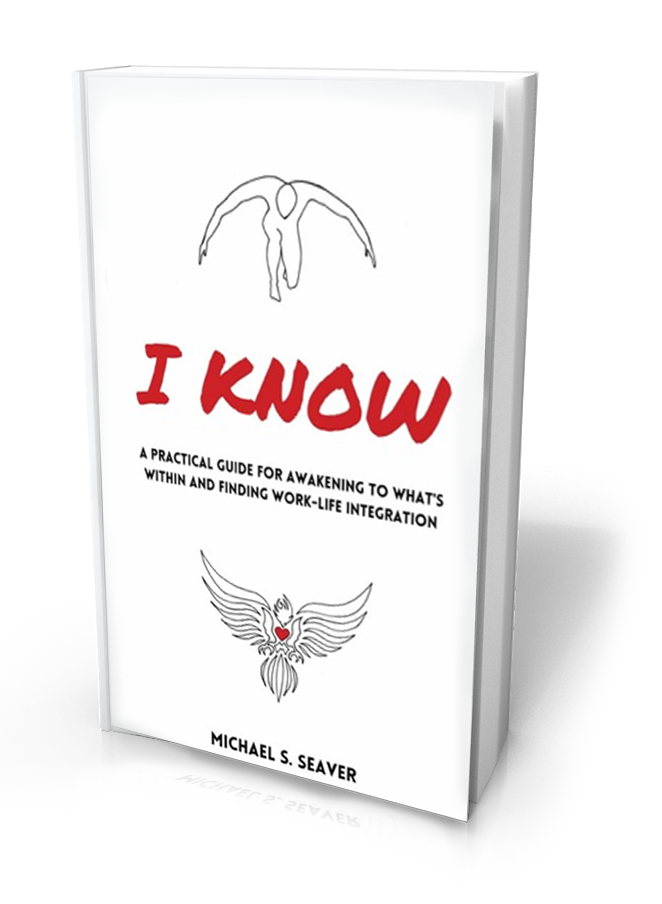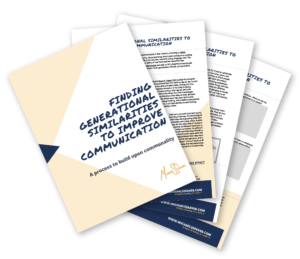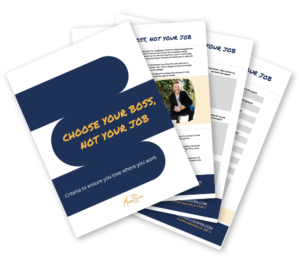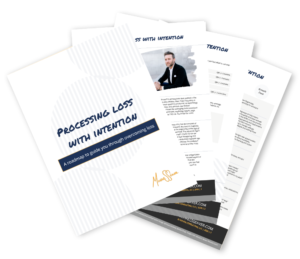There’s no time like the present.
Read that again. It means something different now than it usually does. The time we are living through now feels significant. Out of time. Different. Uncomfortable, for a lot of us. More than uncomfortable for others. Traumatic.
Since early March 2020, what in your life has changed?
What are you now saying no to? (When you used to always say yes)
What have you experienced that you never thought you would?
How are those close to you responding?
How are you offering grace to those who need it?
The extra energy and emotions swirling around all of us are driving people to do things they likely wouldn’t have before. While it can be exciting or even liberating, change is also scary. Without a balanced perspective, irrational behavior becomes the norm. Perhaps you’re seeing this fear or odd choices in your own life or stories in the media. Sports stadiums are filled with cardboard cutouts. More stimulus monies are being released; social media organizations are under immense pressure because of censorship allegations. Airplanes are being grounded because passengers aren’t wearing a face mask. Businesses are closing their doors.
Nevertheless, as a recent piece by Ken Budd so aptly explained for The Atlantic, humans seem to always bounce back after times of great upheaval like the one we’re in. Post-traumatic growth is a well-studied psychological phenomenon. I am seeing my clients find new appreciation for their families, reconsider priorities, and make positive life changes. For example, a dear friend just finalized a divorce, my girlfriend had surgery she’d been delaying, and a client of mine quit a poor boss. For my part, I’m eating more alkaline foods, making a point to golf regularly and call my parents and sister each week. Professionally, my foot is on the accelerator: I launched a new website in May, my book is 90% written, and I’ve found a PR agency to introduce my ideas to new circles.
In times of despair or change, there is the opportunity to uplift yourself and uplift others. Carl Jung, the founder of analytical psychology, identified four main stages in the human lifespan. I believe many of us, right now, are either moving from the second phase (“The Warrior”) into the third phase (“The Statement”) or from the third phase into the fourth (“The Spirit”).
Finding the Statement
During the third phase, humans find meaning in reflecting on their individual accomplishments. We come to realize that our lives open to a deeper level of meaning when we give back to and uplift others in the achievement of their goals. An even deeper level of learning and understanding occurs when we help people overcome the same challenge we overcame in our younger years—because the person we’re helping mirrors back to us just how far we’ve come since. We feel deeper levels of joy and accomplishment because we did what very few people have the courage to do, to live not in accordance with society’s mores, but live our life’s purpose no matter the judgment or shame bestowed upon us.
If this sounds like a place you’d like to be, here are some questions to reflect upon and perhaps take some action around:
- What accomplishments are you most proud of? These can be personal, professional, or relationship-related.
- Who do you enjoy teaching, coaching, uplifting? Think through the avatar of the person who could best understand your message.
- Through what means can you best help others? Do you prefer to help via writing, speaking, social media, music, podcast, video?
- What problem are you helping others overcome? Keep in mind it is likely connected to the problem you overcame.
- What used to bother you but it no longer does? Notice when you don’t feel emotionally triggered by things that used to trigger you.
Finding the Spirit
In Jung’s fourth phase of human life, an awakened soul begins to realize just how connected it is to everything around itself. We see that God/The Universe/Source is always communicating to us, whether it’s through a quiet inner whisper, the songs you happen to notice, through animal symbolism, or the emotions of the people you attract into your life—as they’re mirrors for your progress.
When you’ve reached this part of your life, you release the need to control outcomes. You act without expectation of return. You nourish the advancement of those around you and you finally accept that the denigration of any fellow soul is a denigration of the entire ecosystem. You come to believe that it’s our responsibility to awaken ourselves so we can guide others through their awakening. If this sounds appealing, perhaps you are ready to move into this phase of your life. Here are some questions that may help you do so:
- What are you noticing repeatedly? Source speaks in whispers. What is it saying to you? What are you hearing or seeing over and over?
- What metaphorical meaning are you pulling from your dreams? I use the Dream Moods app to track this information and have found it enormously insightful.
- What are the people you interact with regularly telling you about yourself? Are you meeting others expressing constant anger, low EQ, stress/anxiety, or are you talking to a lot of calm and centered individuals?
- How are you honoring another person’s journey? Your words don’t teach; their own experiences do.
- How are you manufacturing learning experiences? Do you recognize what another person needs to elevate and helping create that for them?
As Noam Chomsky put it, “Changes and progress very rarely are gifts from above. They come out of struggles from below.” I recently led a three-hour webinar for a university and had such a remarkably positive experience that I feel it’s the perfect way for me to wrap up this month’s post. Let me explain what I mean.
A Celebration of Humanity
Despite all the session participants coming from wildly different backgrounds, generations, and ethnicities, and despite the fact that each and every one of them had an entire constellation of different personal struggles to navigate during this time (from small children sharing their workspace to aging parents to family health or economic challenges), these people were unfailingly supportive of one another in the live chatbox we all shared.
As I reviewed the messages during our webinar’s breaks, I felt continuously blown away by the grace, resourcefulness, and just overall humanity I saw there. People are wonderful and 99% of us are trying so hard to help one another. That’s my message. I know it doesn’t feel that way all the time. But try believing it and see what happens.
We’ve got a few more months until the American presidential election, more unexpected events ahead of us, but I’ve got a feeling you are going to be just fine…and help others to be better than just fine.
Meet me in the garden of post-traumatic growth. We’ll have a beautiful party.






Connect with me